Approximately 95 million photos and videos are uploaded to Instagram everyday. Could you sort the edited from the non-edited? The staged from the candid? These days, not many can, which is why anti-Instagram social platforms such as BeReal, Poparazzi, and Locket are dominating the social media space as users, especially Gen Z’ers, seek ways to authentically stay connected with their friends. The purpose of these apps is to break away from the edited photos and faux lifestyles and give a more authentic view of users’ day-to-day life. Let’s take a closer look at a few of these up-and-coming social media apps.
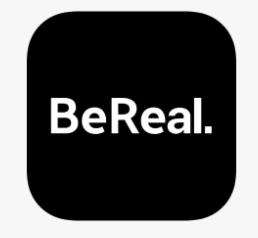
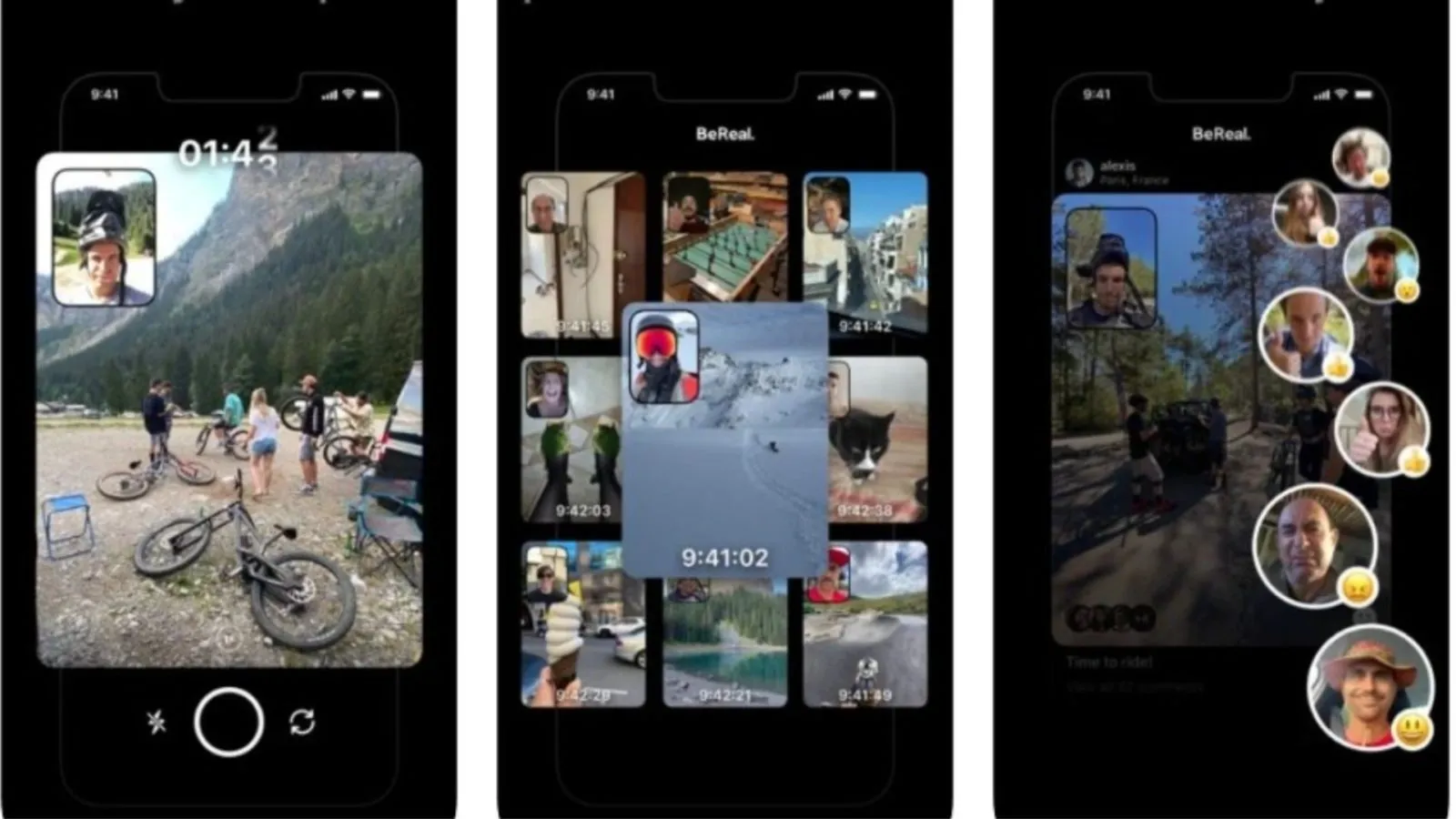
BeReal encourages users to keep it real. Once a day, all BeRealers get a notification from the app at the same time to post their photo of the day. The app gives users two minutes to take a photo with both the front and back-facing camera at the same time. It’s currently ranked #1 in the social networking category on the App Store, and approximately 6.8 million people have downloaded BeReal and downloads have grown by 315% in 2022.

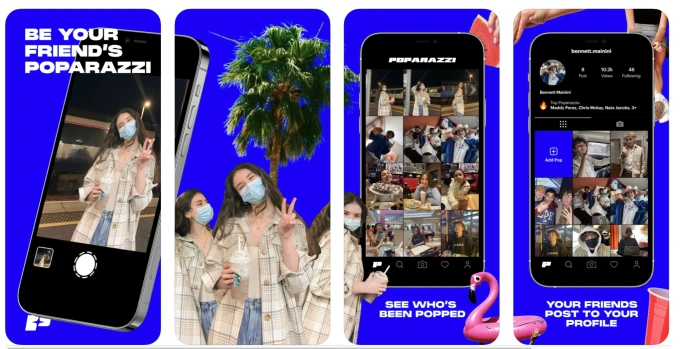
Poparazzi is deemed the “anti-selfie” app. It has no likes, no followers, and only your friends can post photos on your feed. It performed incredibly well in its first year of launch as it quickly skyrocketed to the top of the App Store, even ahead of TikTok as the number one social media platform. Although this unseating was temporary, the app remains successful and popular. Since its 2021 launch, it has been downloaded more than 5 million times, with over 100 million photos and videos shared.
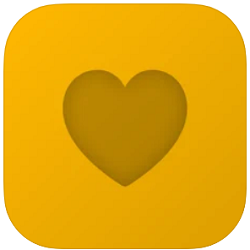
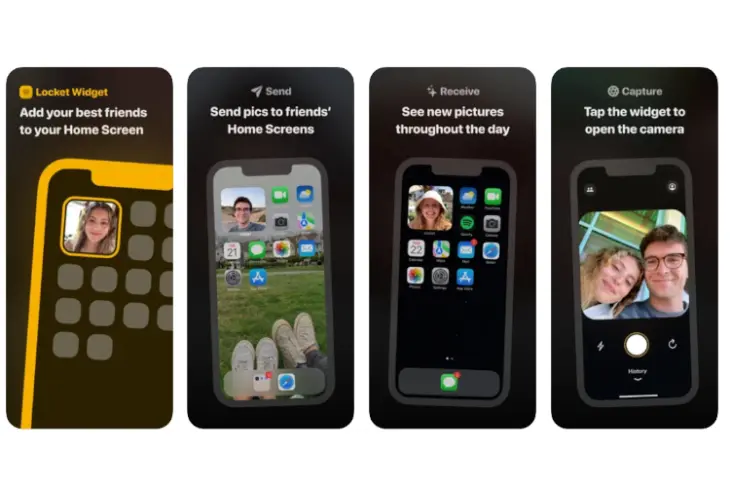
Locket is for your closest friends only– 20 of them to be exact. When a friend sends their photo, it instantly appears in your Locket widget and displays directly on your home screen. Unlike a regular app, widgets are continuously running and you don’t need to click on it to start the program. You can respond to friends with your own photo that will appear on the Locket widget of their phone’s home screen. As you use Locket, you’ll build a history of photos that you’ll be able to look back on. Locket is also quickly rising in popularity, currently ranked 11th in the social networking category on the App Store.
Why is it becoming popular to be candid and unfiltered on social media?
Social media has been linked to everything from depression and sleep deprivation to anxiety and feelings of loneliness, especially among younger users. “Likes” specifically have become a measure users equate to status and how well you’re actually liked in the real world.
However, Millennials and Gen Z have more access to mental health education than previous generations, and it has become an increasingly important topic amongst younger audiences. Their knowledge about mental health has helped them understand the negative impacts of social media, and in fact, Gen Z has shown a major decline in social media use on every social media platform besides TikTok. They are simply not willing to succumb to the pressure of traditional social media and want to be part of safer, less toxic environments online.
While many younger users have attempted to make their own accounts on Instagram more realistic and less filtered (e.g. photo dumps), platform updates that flood users’ feeds with unwanted ads and posts from users they don’t follow has pushed them off the app even quicker. They are worn out and losing trust in these big name apps, which is leading developers to create new apps with more authentic purposes, and let me tell you, Gen Z loves them.
What does this mean for brands?
Takeaway 1: Users are seeking relatability and authenticity. They no longer want to see glossy, branded content from brands on social media– they want to see content that looks real, even on Instagram. It’s important that brands keep this at the center of their content strategy and when they consider who they partner with (other brands, influencers, etc).
Takeaway 2: While the way brands can get involved in the conversation will certainly vary from app to app, the best way we’ve seen brand utilize anti-Instagram apps like BeReal so far is by offering its consumers some type of exclusive offer or look at some behind the scenes with the brand or its products. For example, Chipotle’s first Bereal post offered a promo code to the first 100 users who used it at checkout on the Chipotle app.
Takeaway 3: If a brand is looking to be a part of the conversation on one of the anti-Instagram apps, they must recognize the fine line between being relatable and being cringey. Trying too hard will drive users away, which is especially important to remember when getting involved in an emerging platform or even just jumping on trends to create culturally-relevant content.
One thing we’re asking ourselves: do these apps represent the next wave of social media? That may be the case. We are tracking the latest and greatest closely (while using the apps ourselves). Time will tell and we can’t wait to see what’s next.


